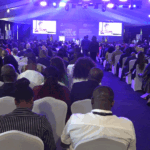
The first day of the Association for the Development of Education in Africa (ADEA) 2025 Conference, held under the theme “Strengthening the Resilience of Africa’s Educational Systems,” brought together policymakers, educators, researchers, and innovators from across the continent to explore transformative pathways for Africa’s education future.
Among the distinguished attendees were Vice President Jane Naana Opoku-Agyeman, Minister of Education Haruna Iddrisu, and Director of the Sub-Region of Plan International (West Africa), Evariste Sindayigaya.
The leaders underscored the importance of collaboration, innovation, and inclusive strategies to ensure quality education for all.
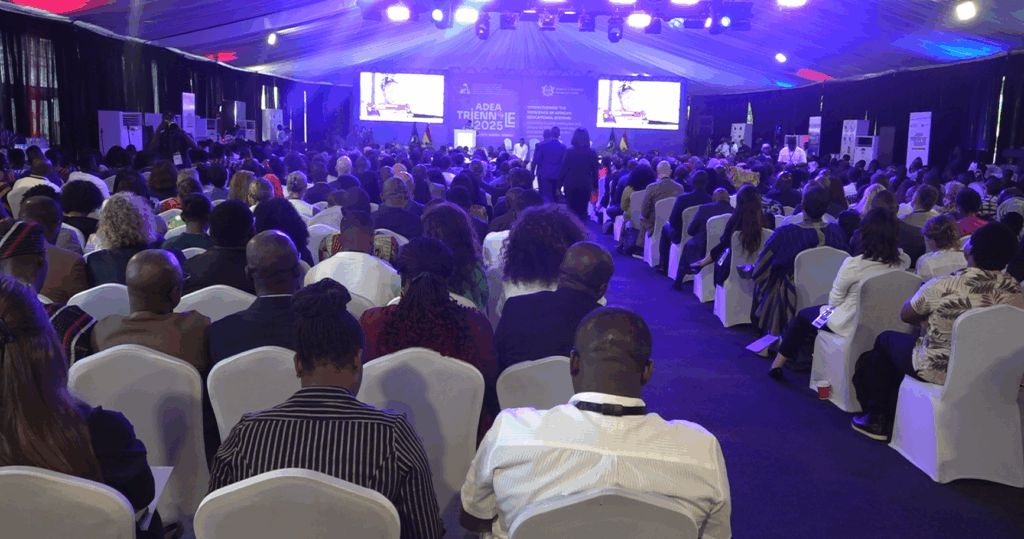
Speaking to the press, Sindayigaya explained that his participation in the conference was driven by Plan International’s commitment to advancing the rights of children and promoting equitable education systems across Africa.
“We focus on education so that children, especially girls, can acquire the skills and knowledge needed for life, work, and survival. We also work with our partner institutions to ensure that girls can lead, decide, and thrive,” he said.
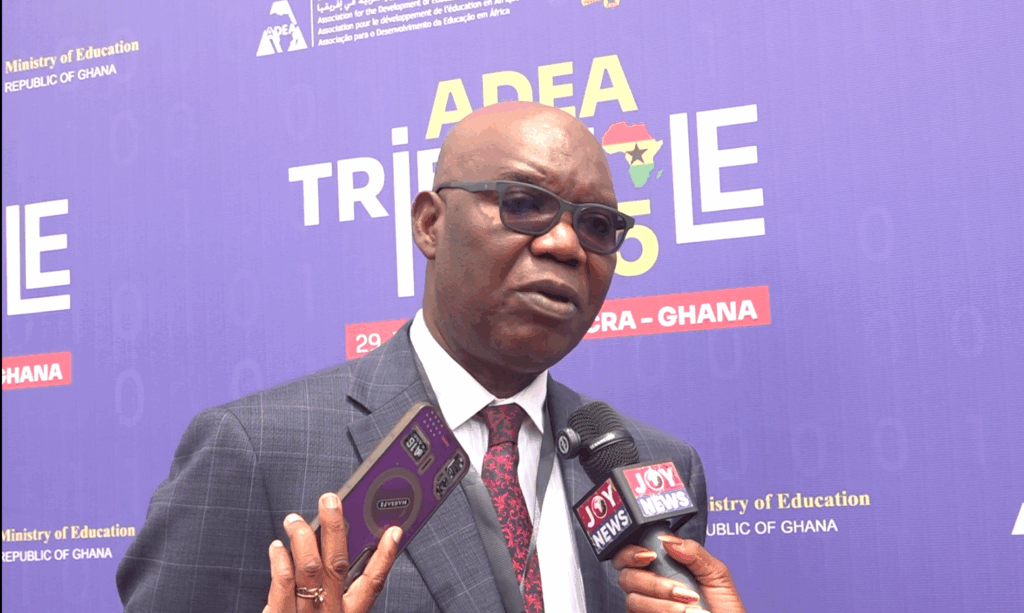
Sindayigaya highlighted that empowering girls through education remains central to Plan International’s mission, as it not only transforms individual lives but also drives broader social and economic progress across Africa.
“We work with girls so that they can take control of their lives. Even children outside school need opportunities to learn, lead, and thrive. Most importantly, we work with governments to push the agenda and increase resource allocation to the education sector,” he added.
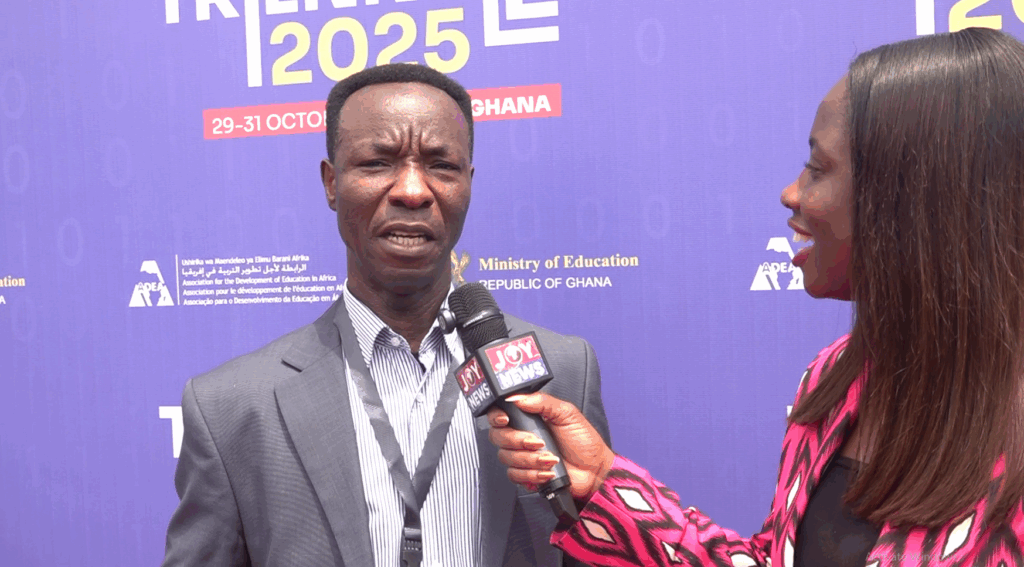
He also noted that the education sector continues to face challenges such as poor coordination and duplication of efforts among stakeholders.
According to Sindayigaya, while numerous initiatives exist across the continent, their impact is often limited by fragmented implementation and lack of alignment between government policies, donor programs, and community-level interventions.
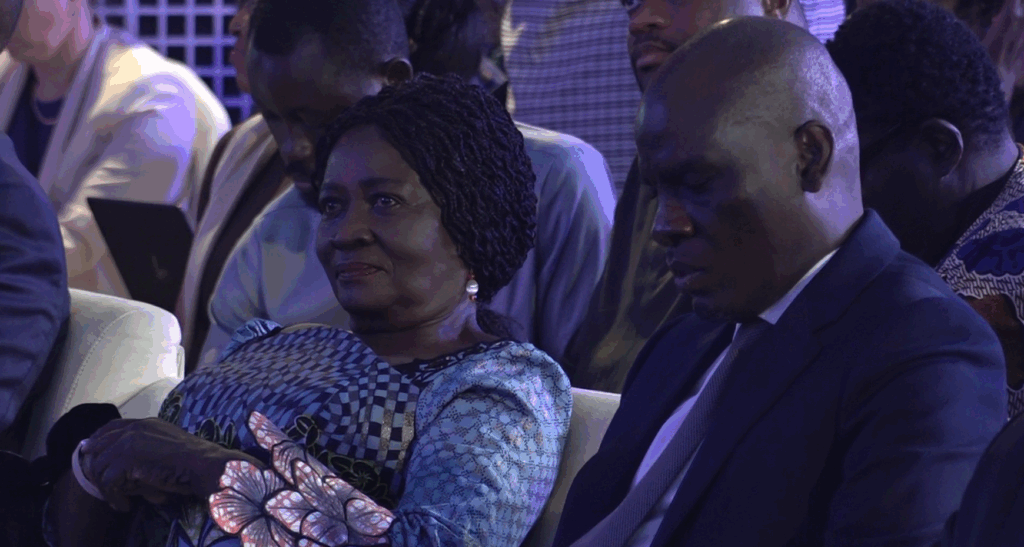
“So we are strategizing on how to coordinate better and allocate resources where they can deliver greater impact,” he said.
Also speaking at the event, Plan International Ghana’s Country Director, Constant Tchona, emphasised the importance of adult education and the need to improve learning outcomes for out-of-school children.
“The number of adult school children in Ghana remains high despite our efforts. I am here to learn from other countries’ experiences and see how we can improve and scale up our impact,” Tchona said.
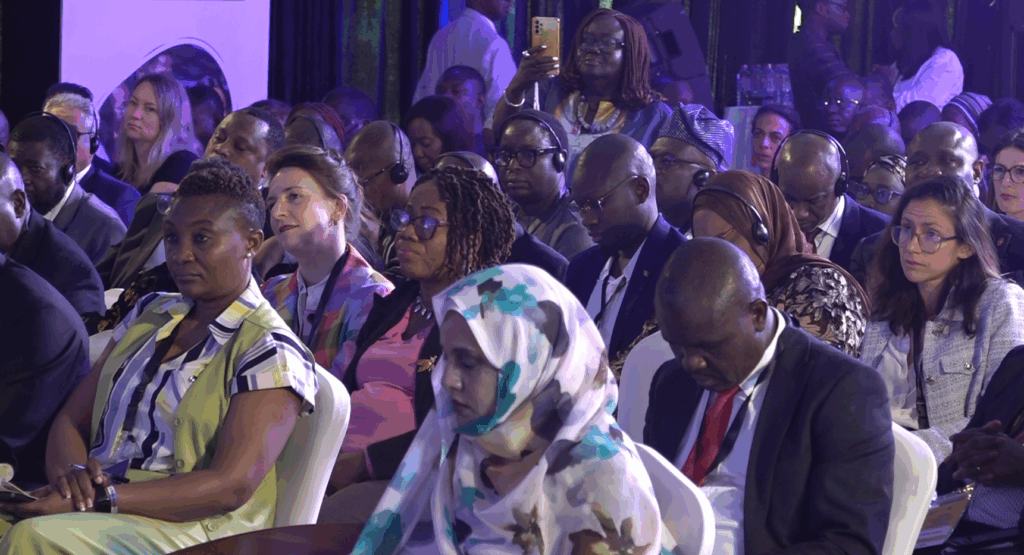
He further highlighted the importance of providing second chances to children both in rural and urban areas. “We need to do more than just get children into school. We must ensure they learn effectively, transition successfully into the formal education system, and remain in school,” he explained.
Tchona acknowledged the challenges of limited funding in achieving these objectives, pointing out that over one million children in Ghana remain out of school. He stressed the need for innovative financing models and partnerships to scale interventions and transform lives.
The ADEA 2025 Conference continues over several days, providing a platform for African education stakeholders to share experiences, identify gaps, and chart collaborative strategies for a more resilient and inclusive education system



